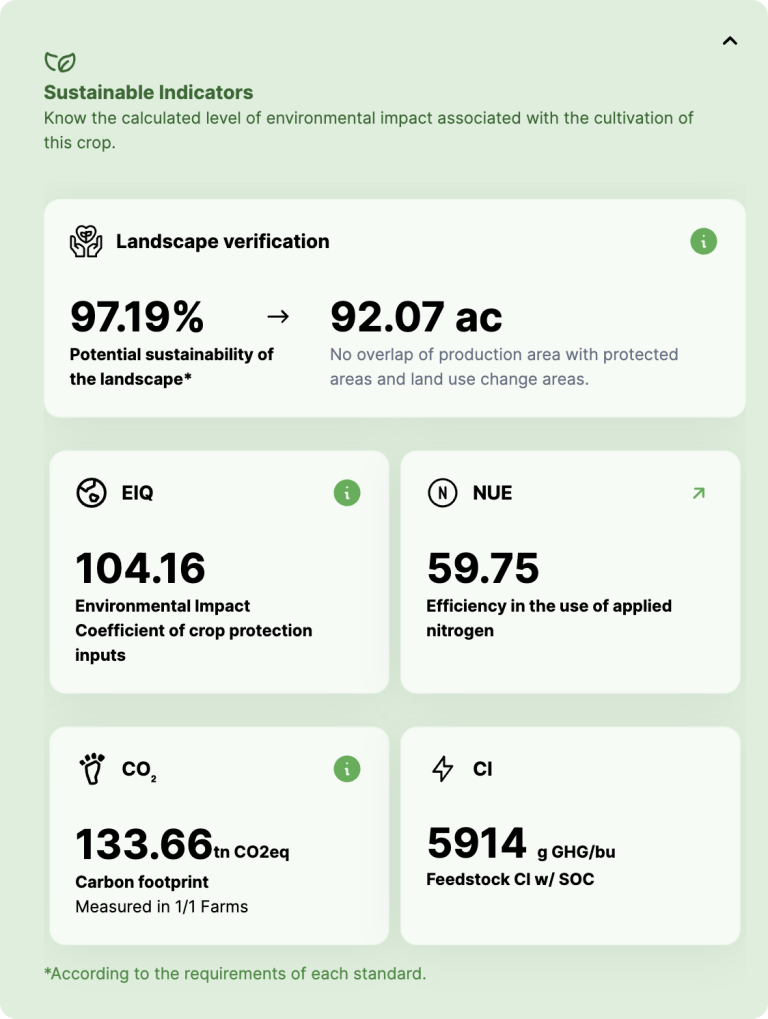Nitrogen Use Efficiency (NUE), is a measure used in agriculture to determine how effectively a plant or crop is utilizing the available nitrogen in the soil. It’s an important indicator because nitrogen is a critical nutrient for plant growth, but it can also be a significant environmental pollutant if not managed properly. Therefore, improving NUE can lead to more sustainable and efficient agricultural practices.
NUE is typically calculated as the ratio of the amount of nitrogen in the harvested portion of the crop (output) to the amount of nitrogen available to the crop (input). This can include nitrogen from fertilizers, nitrogen fixation, and natural soil nitrogen. The higher the NUE, the more efficiently the crop is using nitrogen.
As for reference values, these can vary widely depending on the specific crop, soil conditions, and other factors.
It’s important to note that improving NUE is a key goal in sustainable agriculture, as it can help to reduce the environmental impact of nitrogen fertilizers while also improving crop yields.




